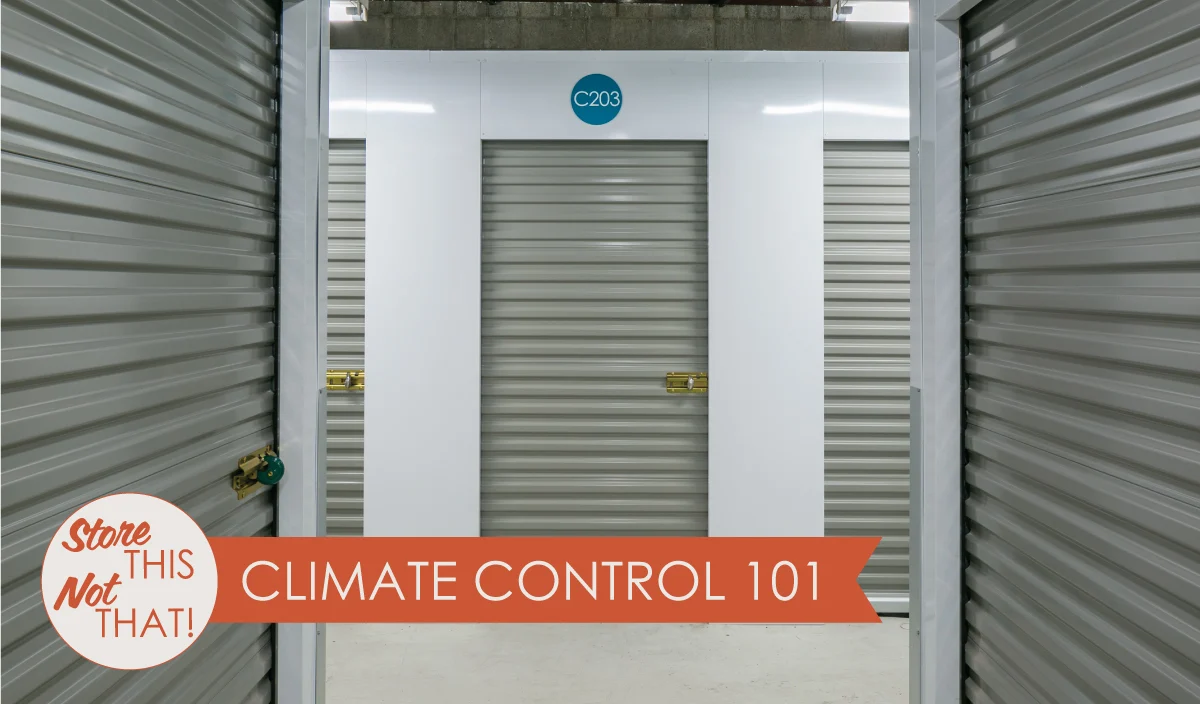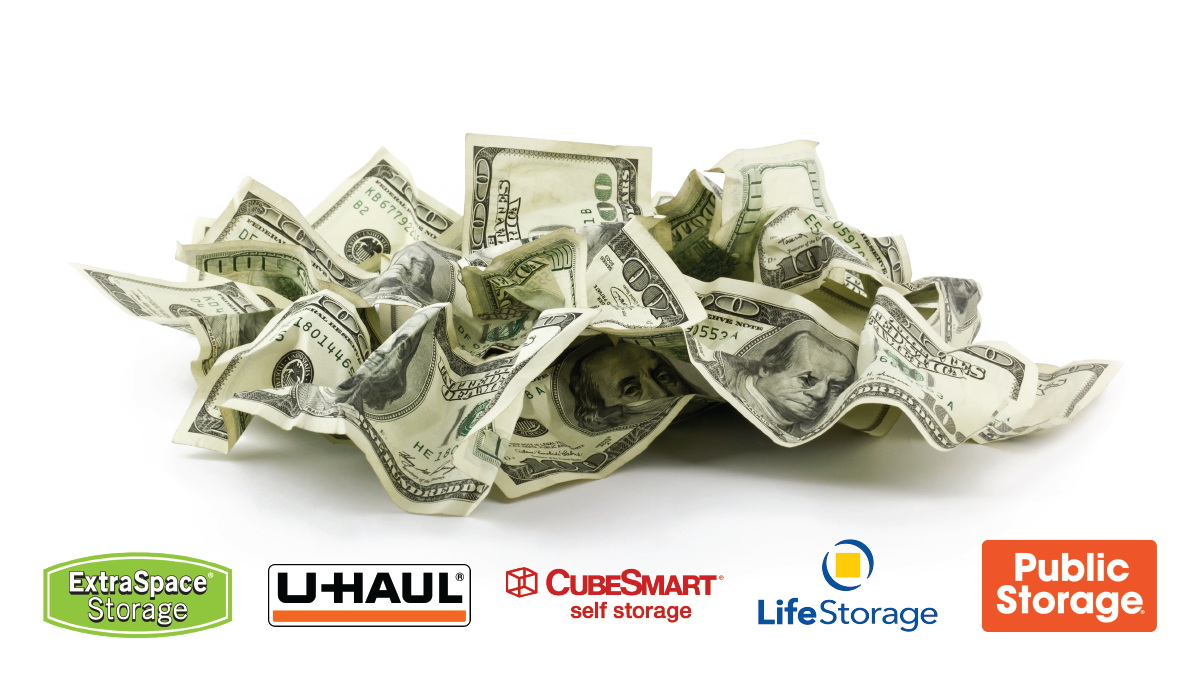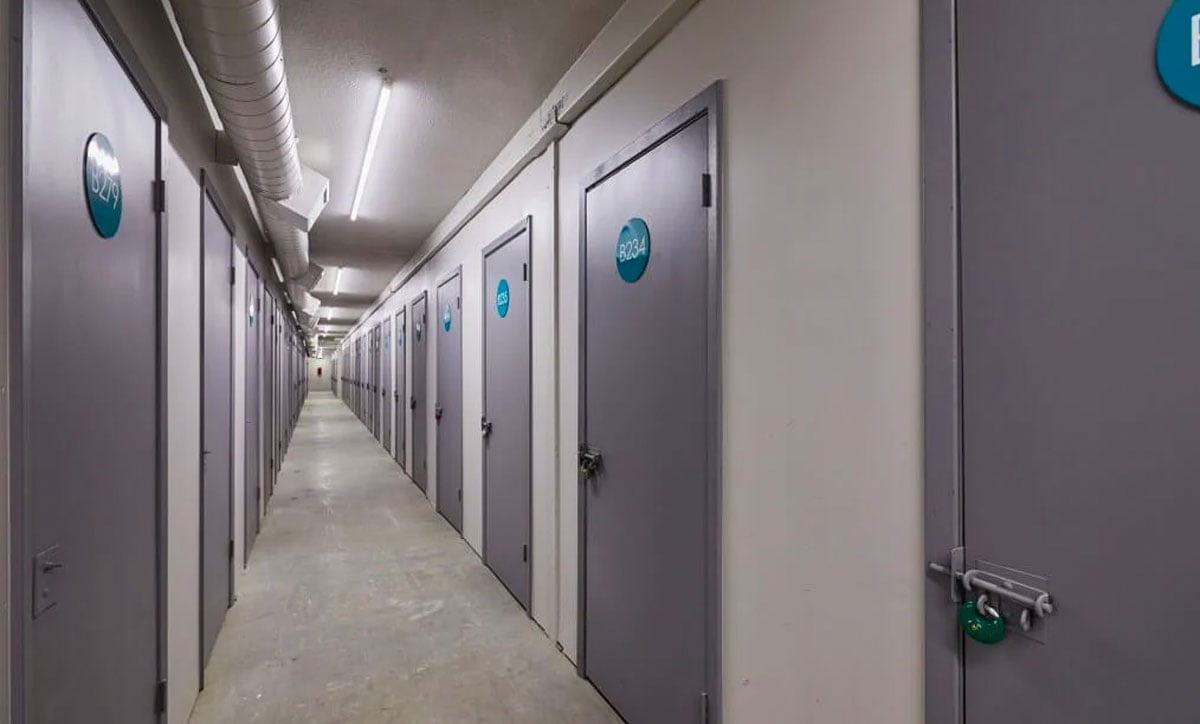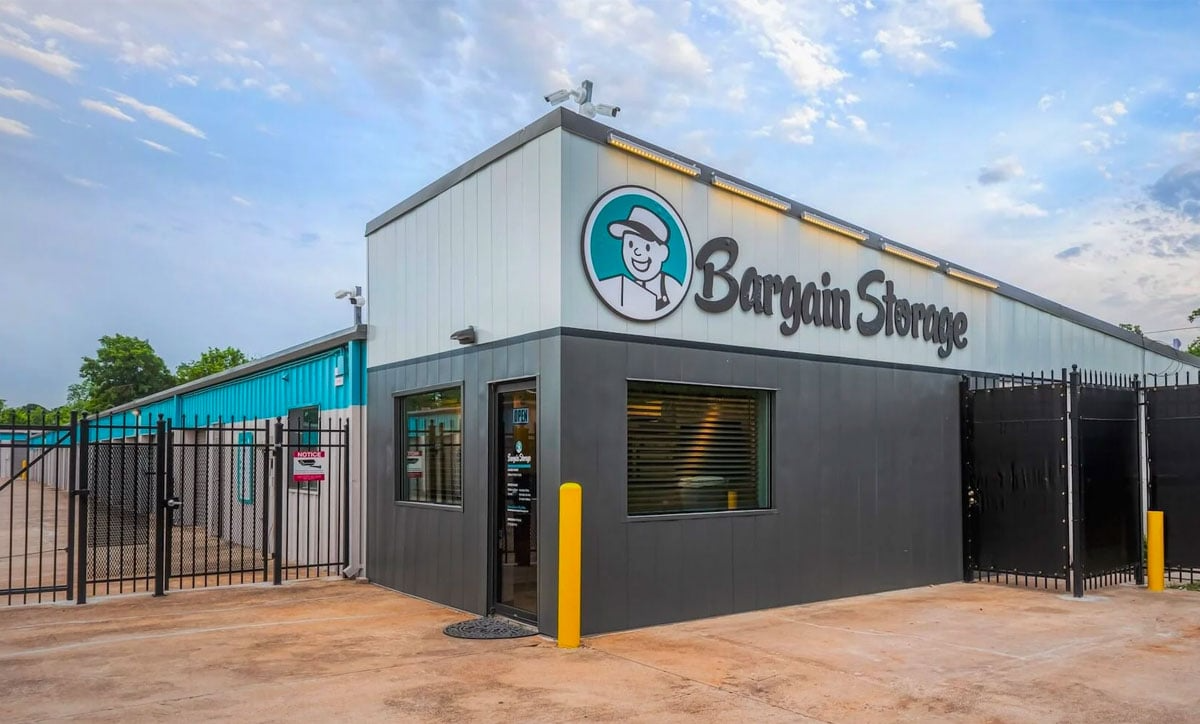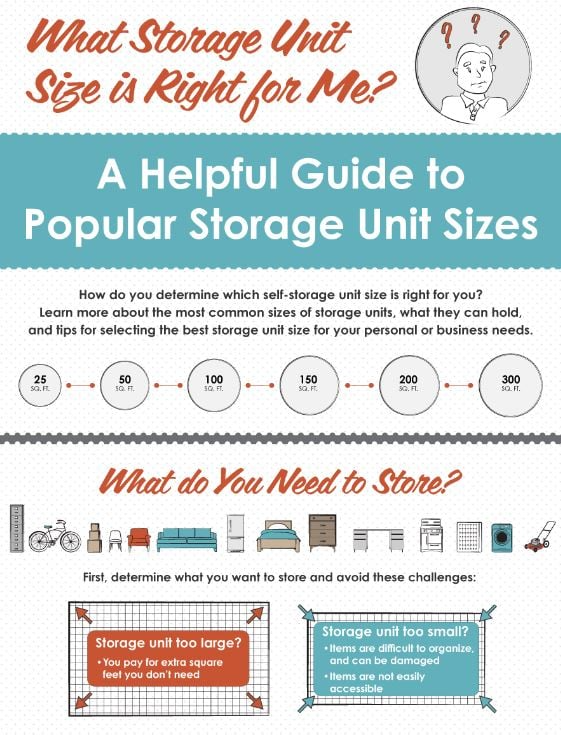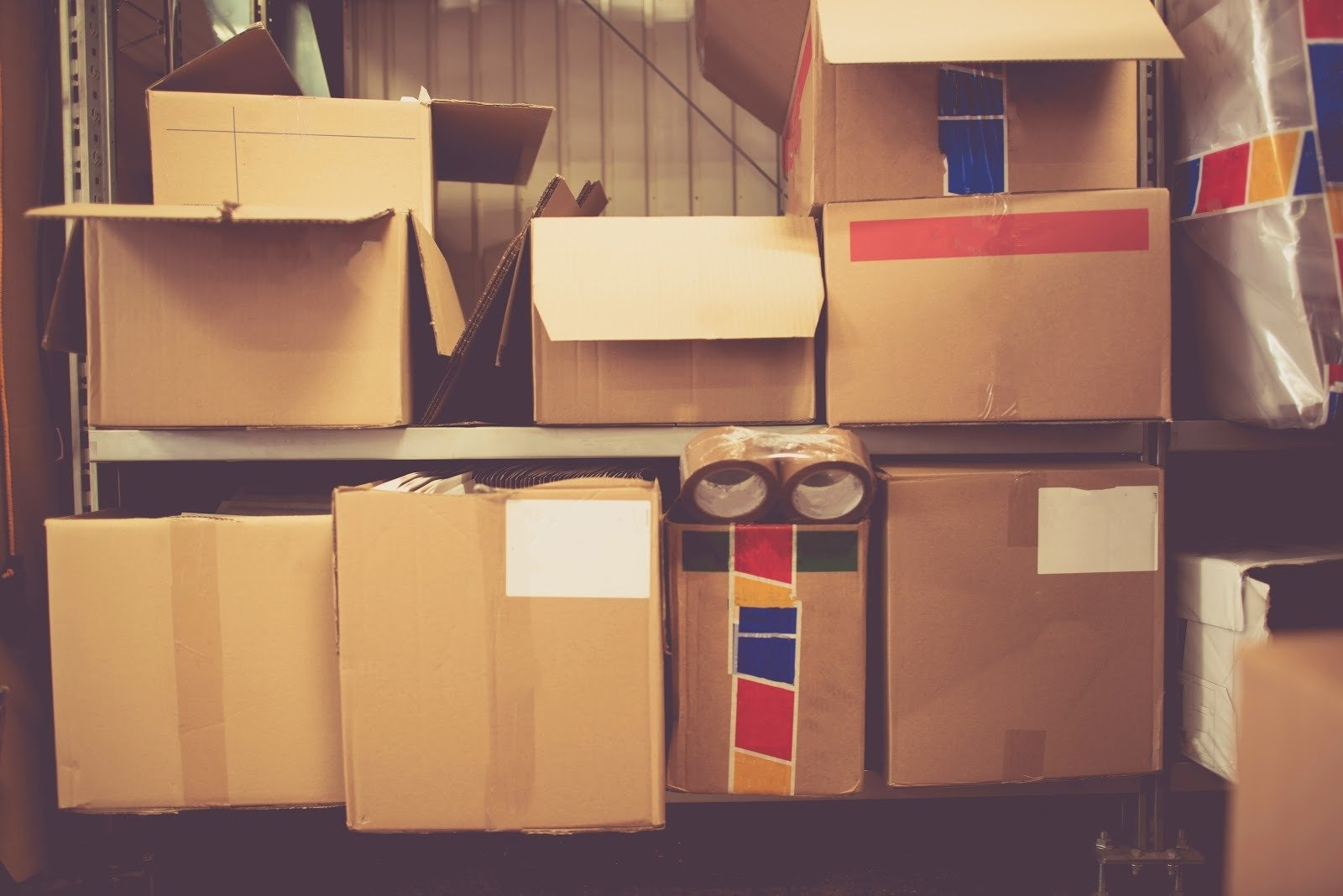Self-Storage Unit

If you’re reading this article, we’re guessing it’s because you did an Internet search for what you can and can’t store in a storage unit. It’s a fair question to ask because just like most things in life, there are rules and exceptions — plus usually some grey areas in between. Whatever your reasons for seeking a self-storage unit, we’re guessing you rank somewhere on the scale between info-savvy and street-smart. So, you probably don’t really need to be told that you can’t store pets, stolen items, or things likely to explode in self-storage. Right? (The only good answer here is, “Correct!”) As your Internet search probably proved, there are plenty of lists about what you can and can’t store in a self-storage unit — and most of them are similar, straightforward and appeal to good, old-fashioned common sense. Those lists are helpful but we want to offer a different spin on things: What do those “do’s and don’ts” storage tip lists really mean to you, just a regular person looking to protect your stuff and avoid any inadvertent storage slip-ups? Well, let’s find out! We’ll focus on 10 broad categories of items that you can and shouldn’t store, but we’ll talk about what this means in real-life terms — plus provide some bonus tips based on what we’ve learned over the years as self-storage experts. Think of this as your common-sense self-storage guide.
5 Things You CAN’T Store in Self-Storage
Let’s start with what you can’t store, because frankly, that list is more interesting:
Hazardous Materials
These lists can be long but here’s the short rule: If they can catch fire or explode, then they’re a no-go. This includes gasoline, propane, oil, grease, chemicals, cleaners, aerosols, and paint.
What This Means In Real Life:
● Are you storing art supplies? Then this means that you can’t store mineral spirits or paint thinner. ● Are you packing up bathroom or kitchen items? Best ...
Steve Reed
February 12th, 2025

